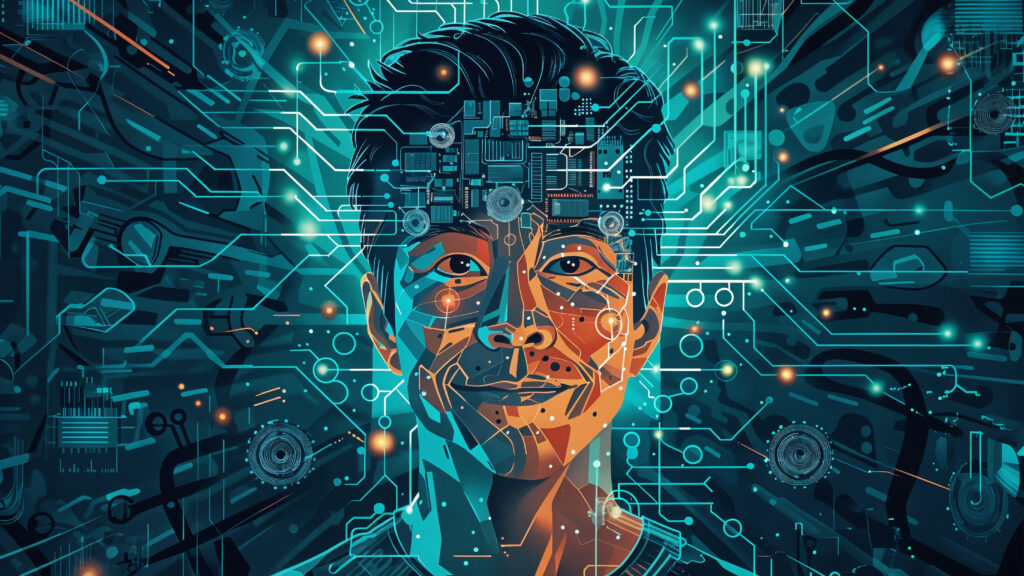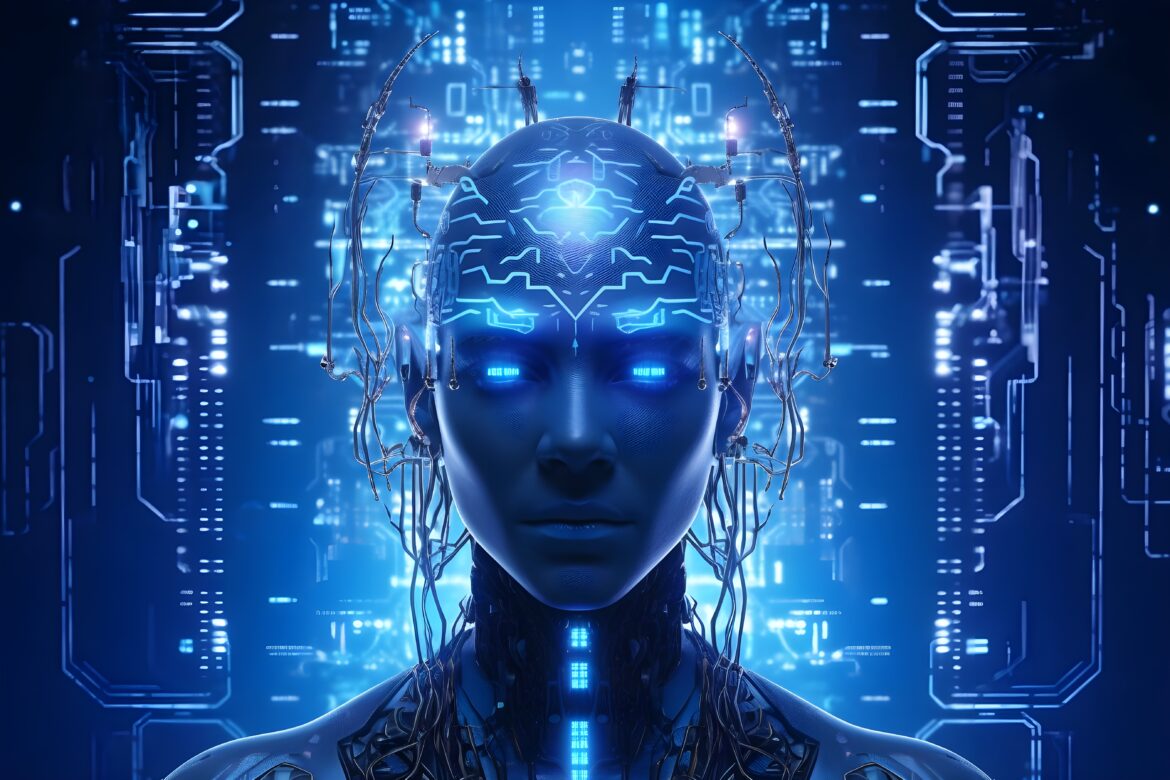Artificial Intelligence (AI) has evolved rapidly, making a significant impact on how we live, work, and interact daily. In 2025, AI is Transforming and its no longer just a futuristic concept but an essential part of everyday life. From smart assistants to personalized healthcare, AI-driven innovations are reshaping industries and improving efficiency.
AI is Transforming Healthcare
The healthcare sector has seen remarkable advancements with AI-powered technologies. In 2025, AI-driven diagnostic tools enable faster and more accurate disease detection. AI algorithms analyze medical images, assisting doctors in identifying conditions such as cancer at an early stage. Additionally, wearable AI devices monitor real-time health data, providing personalized recommendations to users.
Telemedicine has also benefited from AI integration, offering virtual consultations with AI-powered chatbots that assess symptoms and suggest treatments. With AI’s ability to analyze vast amounts of medical data, treatments are becoming more precise and tailored to individual patients. This transformation ensures better healthcare accessibility and improved patient outcomes.
AI is Transforming Workplaces and Automation
The workplace environment has drastically changed as AI is transforming various industries. AI-powered tools enhance productivity by automating repetitive tasks, allowing employees to focus on creative and strategic work. Chatbots and virtual assistants handle customer inquiries, reducing response times and improving customer service efficiency.
In manufacturing, AI-driven robots manage complex tasks, increasing production speed and accuracy. Smart algorithms optimize supply chain management by predicting demand and reducing operational costs. Furthermore, AI-based hiring platforms streamline recruitment by analyzing candidate profiles and predicting job suitability.
AI’s role in decision-making has also grown, with businesses using predictive analytics to make data-driven choices. As AI continues to evolve, workplaces will become more efficient, offering employees more opportunities for innovation and collaboration.
AI in Smart Homes and Daily Convenience
Smart home technology has advanced significantly with AI, making everyday life more comfortable and convenient. AI-powered voice assistants control household appliances, manage schedules, and provide personalized entertainment recommendations.
Security systems integrated with AI use facial recognition and real-time monitoring to enhance home safety. Smart thermostats and lighting systems adjust settings based on user behavior, improving energy efficiency. AI-driven grocery shopping assistants suggest items based on past purchases, making shopping easier and more efficient.
From morning routines to bedtime habits, AI is seamlessly integrated into daily life, allowing people to experience more convenience and efficiency in their homes.

Education and AI-Powered Learning
The education sector has witnessed a transformation with AI-powered learning platforms. AI-driven tutors provide personalized lessons based on students’ learning styles, helping them grasp complex subjects more effectively. Virtual classrooms use AI to adapt lesson plans, ensuring students receive tailored instruction.
Automated grading systems save teachers time by evaluating assignments with high accuracy. AI-powered language translation tools break down language barriers, making education accessible to a global audience. In 2025, AI continues to play a crucial role in making education more engaging, efficient, and inclusive.
The Future of AI in Everyday Life
As AI continues to advance, its integration into everyday life will only deepen. From smarter transportation systems to AI-driven financial planning, the technology is set to enhance efficiency and decision-making. However, ethical considerations and responsible AI development remain crucial to ensuring AI benefits society as a whole.
In conclusion, AI is transforming how we live, work, and interact in 2025. With innovations in healthcare, workplaces, smart homes, and education, AI is making life more efficient and personalized. As technology evolves, embracing AI responsibly will lead to a smarter and more connected world.

